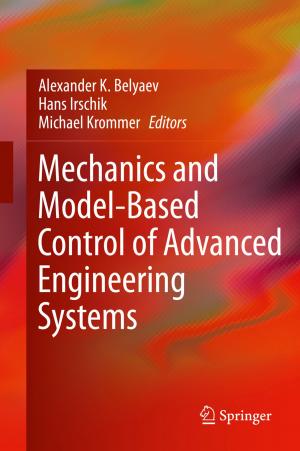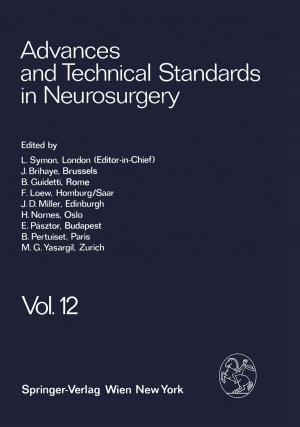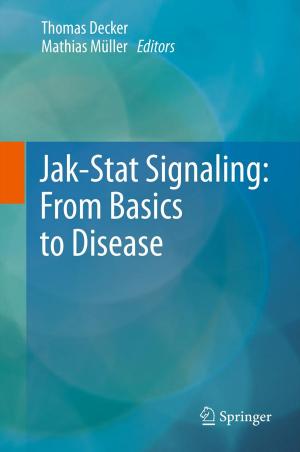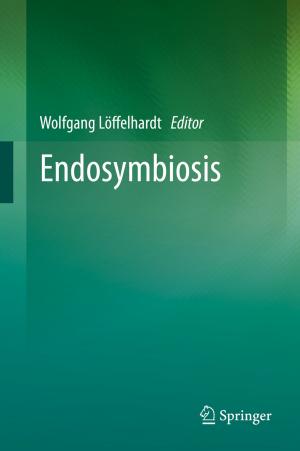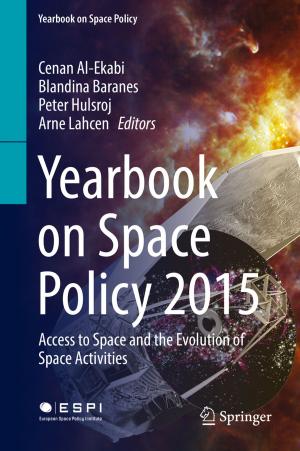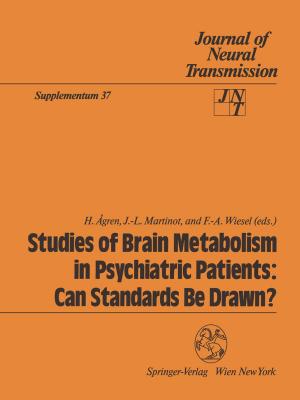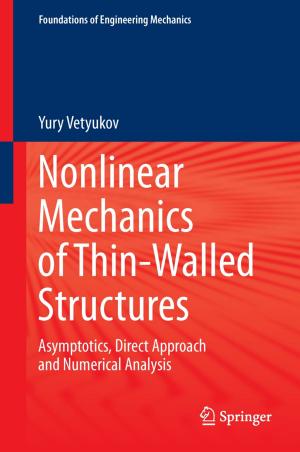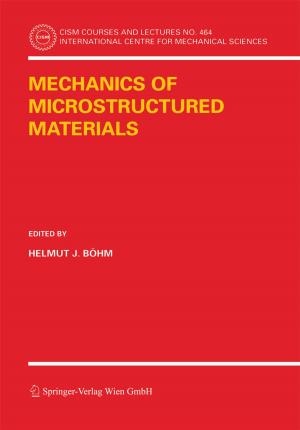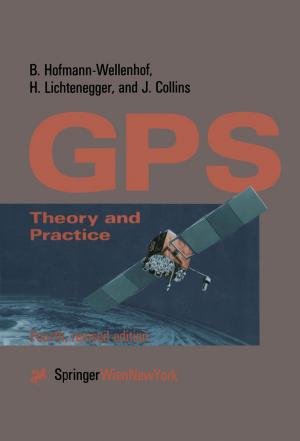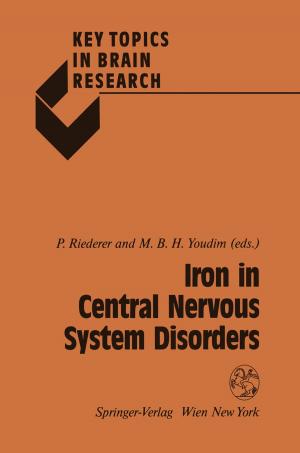The Effects of Anaesthetics upon Cerebral Circulation and Metabolism
Experimental and Clinical Studies
Nonfiction, Health & Well Being, Medical, Surgery, Neurosurgery, Specialties, Anesthesiology| Author: | Jörn B. Madsen, Georg E. Cold | ISBN: | 9783709136805 |
| Publisher: | Springer Vienna | Publication: | March 14, 2013 |
| Imprint: | Springer | Language: | English |
| Author: | Jörn B. Madsen, Georg E. Cold |
| ISBN: | 9783709136805 |
| Publisher: | Springer Vienna |
| Publication: | March 14, 2013 |
| Imprint: | Springer |
| Language: | English |
During the last decade, the effects of anaesthetics on cerebral blood flow, cerebral metabolic rate of oxygen and intracranial pressure have been studied experimentally and clinically. In this review studies of CBF and CMRO2 during craniotomy have been performed with the classical technique described by Kety and Schmidt. In chapter 1 general considerations concerning the effects of anaesthetics on cerebral blood flow and metabolism are reviewed. In chapters 2 and 3 the effects of inhalation agents and hypnotics on flow and metabolism are considered. Chapters 4 and 5 cover the effects of central analgetics, and neuromuscular blocking agents. In chapter 6 the effects of other drugs in common use in neuroanaesthetic practice are summarized. Chapter 7 considers the effects of drugs used for controlled hypotension. In chapter 8 the application of Kety's method in studies of CBF and metabolism is reviewed, the studies of cerebral circulation and metabolism during nine different techniques of anaesthesia for craniotomy are presented, and other studies of cerebral circulation during neuroanaesthesia are reviewed. In chapter 9 considerations concerning central and cerebral hemodynamics during anaesthesia in the sitting position are considered. This review is primarily addressed to anaesthetists, but it will also be of interest to those working within neurosurgery, neuroradiology and clinical neurophysiology.
During the last decade, the effects of anaesthetics on cerebral blood flow, cerebral metabolic rate of oxygen and intracranial pressure have been studied experimentally and clinically. In this review studies of CBF and CMRO2 during craniotomy have been performed with the classical technique described by Kety and Schmidt. In chapter 1 general considerations concerning the effects of anaesthetics on cerebral blood flow and metabolism are reviewed. In chapters 2 and 3 the effects of inhalation agents and hypnotics on flow and metabolism are considered. Chapters 4 and 5 cover the effects of central analgetics, and neuromuscular blocking agents. In chapter 6 the effects of other drugs in common use in neuroanaesthetic practice are summarized. Chapter 7 considers the effects of drugs used for controlled hypotension. In chapter 8 the application of Kety's method in studies of CBF and metabolism is reviewed, the studies of cerebral circulation and metabolism during nine different techniques of anaesthesia for craniotomy are presented, and other studies of cerebral circulation during neuroanaesthesia are reviewed. In chapter 9 considerations concerning central and cerebral hemodynamics during anaesthesia in the sitting position are considered. This review is primarily addressed to anaesthetists, but it will also be of interest to those working within neurosurgery, neuroradiology and clinical neurophysiology.

